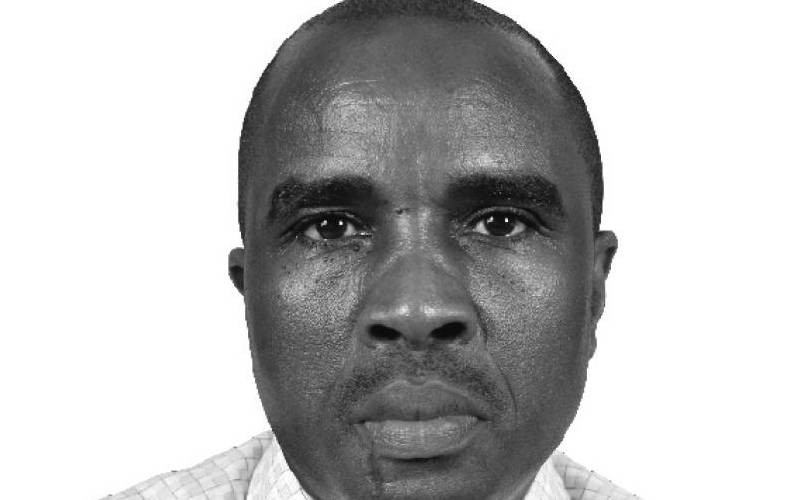×
The Standard e-Paper
Home To Bold Columnists

The dialogue team finally broke off to collate the expansive views received from Kenyans. What I find amazing is Kenyans' enduring faith in such committees, despite knowing that their outcomes are largely pre-determined.